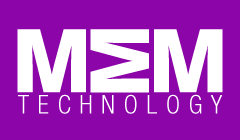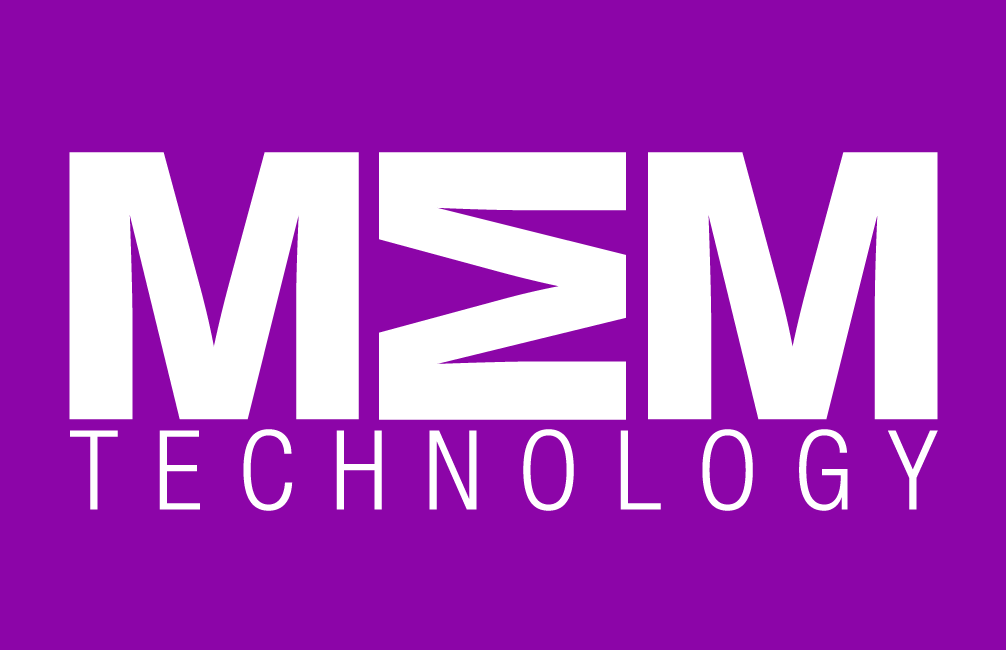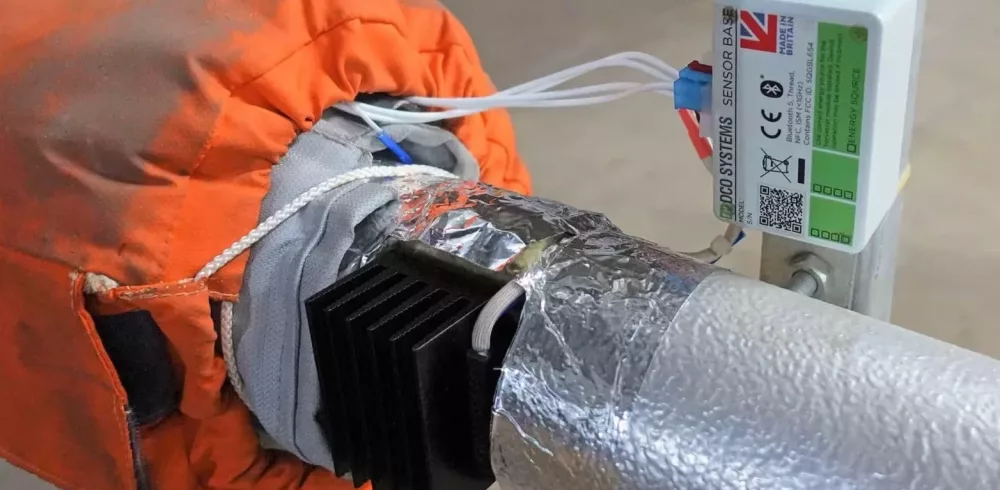Battery-free, Wireless Sensors Surpass Data Gathering Limitations : While digital technology promised a new generation of data and insight, Industry 4.0 is proving harder than it should be. But why? Wait times for installation, infrequent data reporting and limitations on monitoring are becoming obstacles. At face value they are unrelated yet getting to the root of these challenges they all stem from a sensor’s energy source.
Most sensors used for monitoring machines are either powered by batteries or wired into existing infrastructure. The problem with battery-operated sensors is that batteries are finite. While the monitoring of temperature may not use a lot of power,
transmitting the data tends to be energy intensive. Therefore, for battery-operated sensors to have a long life, they often do less. This can include less transmitting of data or monitoring fewer performance metrics. As a result, you have gaps in data gathering.
Plug-in or wired sensors also come with challenges and limitations. If a plant needs immediate monitoring solutions, you may wait months to get a site engineer to wire in the energy points. Furthermore, what about the places (tunnels, high up chimney stacks) that have little infrastructure or no access? The result is that you end up monitoring only a portion of your equipment.
The solution to these challenges is using ambient energy, from natural or process sources, to power sensors and collect data. The simplest example is sensors with solar panels on them, which collect and store energy from both natural and artificial light. Other sources include energy gathered from temperature differential or the vibration of an operating machine. All these elements generate energy and DCO Systems have developed a sensor that harnesses this energy, without the need for batteries or wires. The sensor units are self-powering and because there is an infinite duration of an ambient energy source available, they can be used nearly anywhere, even in places with little infrastructure or access.
Further benefits include easy installation, immediate use and maintenance-free operation without the need for battery changes. Self-powered sensors also store energy which means they always have the power needed to transmit data as frequently as needed. Equally important, DCO’s self-powered sensors can monitor more metrics in parallel.
Problems that occur with battery-operated or wired sensors can be eliminated completely. Data can be gathered more frequently, in more places, with more metrics being monitored using DCO’s self-powered sensors.
____
To book a free demo, go to DCO Systems or email: info@dcosystems.co.uk.
Manufacturing & Engineering Magazine | The Home of Manufacturing Industry News















